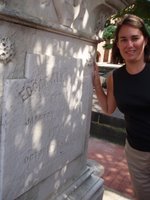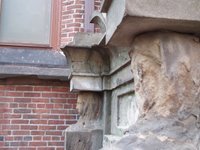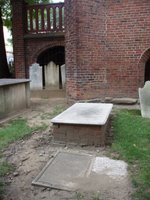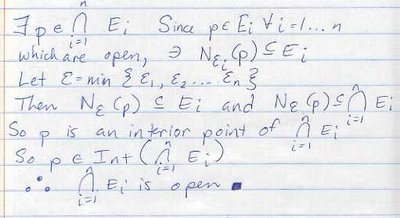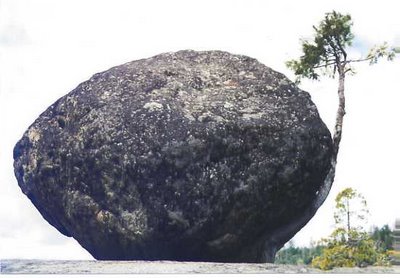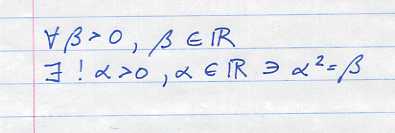So, are you one of those people who can't stand to see "Rite" in the name of a company or "lite" on food packaging, or are you one who spells "night" as "nite." Do you prefer "thru" to "through" or does it make you want to tear your hair out? Is "enuf" enough, and is "enough" too much?
With the advent of instant messaging, people are moving more and more towards simplified spelling - very simplified. Do you think "u" will eventually replace "you" or that "r" will replace "are?"
Are you aware such changes have taken place all along? Do you wish we could go back to "dialogue" rather than today's accepted "dialog?" Do you prefer "colour" or "color," "behaviour" or behavior," "shoppe" or "shop?"
There are those that advocate a total overhaul of spelling in the English language. Usually there is a spike in articles about this issue around the time of the National Spelling Bee. Here is what one had to say:
Those in favor of simplified spelling say children would learn faster and illiteracy rates would drop if words such as "bomb," "comb" and "tomb" were spelled the way they sound. Opponents say a new system would make spelling even more confusing.
Eether wae, the consept has yet to capcher th publix imajinaeshun.
When "say," "they" and "weigh" rhyme, but "bomb," "comb" and "tomb" don't, wuudn't it maek mor sens to spel wurdz the wae thae sound?
Studies have been done that show that children in countries whose languages are more strictly phonetic learn to read faster than children learning English, yet so much meaning in words is in their roots, prefixes and suffixes. What would we lose and what would we gain in making sudden radical change? How would this impact individuals who already know how to read and write? Would all literature suddenly have to be republished with the new spelling (and at what cost)?
Yet we do now spell "doughnut" as "donut." "Centre" and "theatre" have reversed their final letters. In losing their u's, have "honour" and "labour" lost their "use" too, or are they still just as "useful?" Is anyone upset by the changes that have already taken place?
I, for one, am not ready for a spelling overhaul, but if you are all for it, you are in good company. Past proponents of this change include: Andrew Carnegie, John Dewey, Teddy Roosevelt, Benjamin Franklin, Daniel Webster and Mark Twain (and this was LONG before the advent of IM'ing!).
Wat du u theenk? Wae n bi posting ur comment.
Hav a gr8 day!
